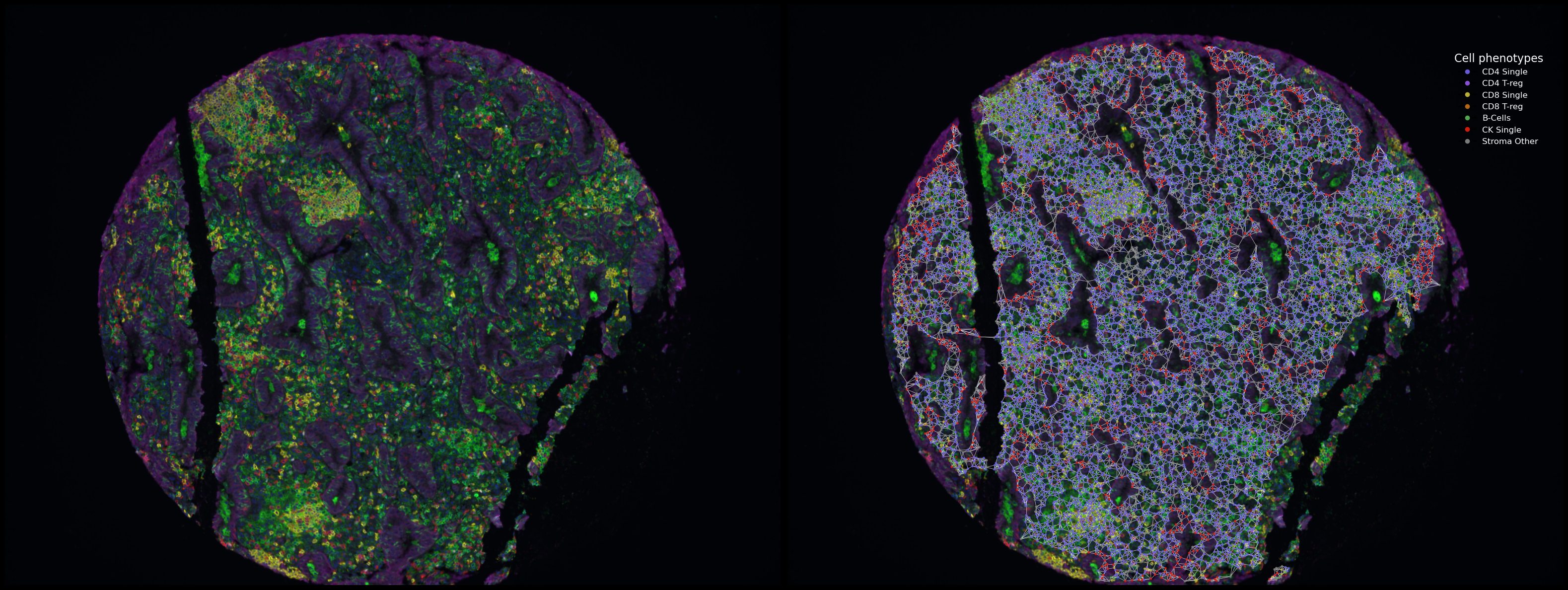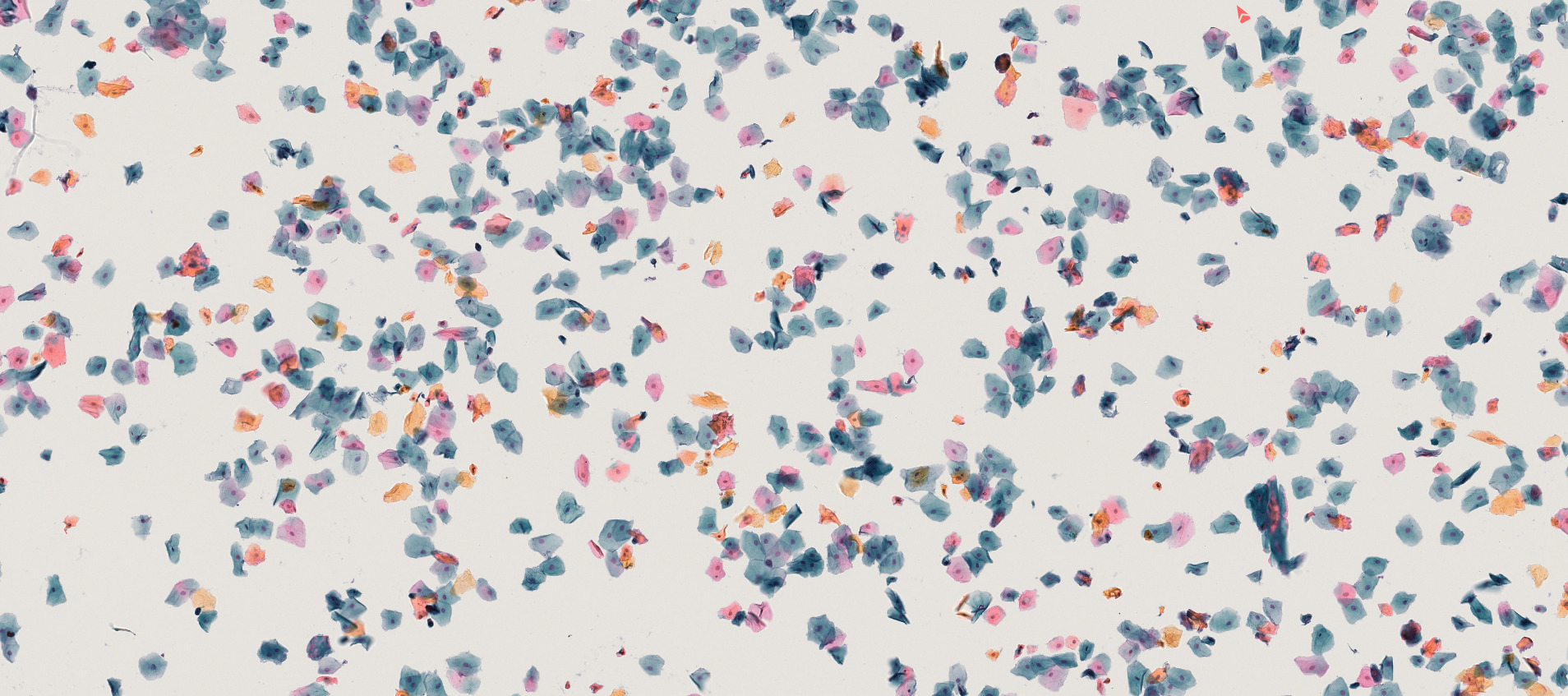Through interdisciplinary collaborations, we strive to advance data-driven life science and to bridge the gap between algorithmic innovation and real-world impact in healthcare and beyond.
Our research is currently focused on developing AI-based methods for
- early detection of oral cancer from cytology data, and
- immuno-therapy response prediction for lung cancer from histology data.
Research projects

Data-Driven Approaches to Tumor Microenvironment Characterization
We combines state-of-the-art multiplexed immunofluorescence microscopy with the latest techniques in image processing and deep learning to advance the understanding of how cell interrelations in the tumor microenvironment affect the disease progression and treatment efficacy. Read more

Weakly-Supervised, Self-Supervised, and Meta-Learning for Digital Cytology
High mortality in oral cancer is largely due to late diagnosis. Brush sampling and cytological analysis is efficient for early detection of cancer, but the analysis is costly and requires highly skilled expertise. We are developing methods for efficient AI-suppoerted oral cancer screening, to radically reduce analysis costs while at the same time increase speed and diagnostic accuracy. Read more